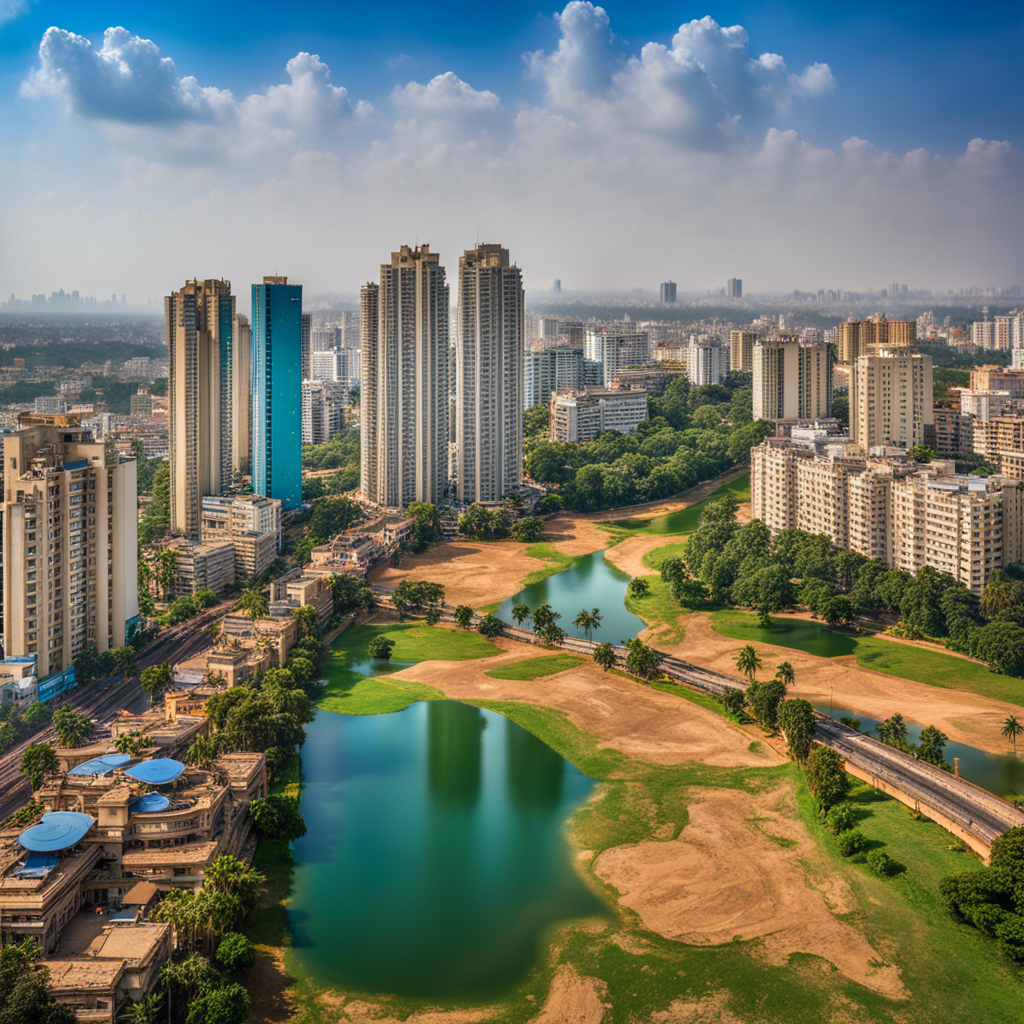Formerly known as Bangalore, Bengaluru, India’s capital city for IT, is grappling with an extraordinary water shortage. The crisis has been induced by poor rainfall, quickly depleting aquifers, and lacklustre urban planning. The city’s residents can be often spotted forming lengthy lines to get water from public tankers and outlets, equipped with anything from plastic drums to kitchen utensils.
Conflicts have erupted among the city’s population of over 15 million as people scramble to secure a limited amount of water. Exorbitant prices for water supplied by private tankers have left many unable to afford enough water.
Roshin Varghese, a business executive, shared that she had to wait for three days for a private company to deliver 5,000 litres of water, and only after agreeing to triple the price she used to pay.
Currently, Bengaluru can access only around 1,850 million litres of water per day, which is only half of its total requirement, according to city officials. A significant shortage has also occurred due to a nearly 40% drop in water levels in the Cauvery river, which largely meets Bengaluru’s water needs, resulting from inadequate rainfall during the previous monsoon. Consequently, nearly 7,000 out of 16,781 city borewells are now dry.
Officials acknowledge that the city’s swift urbanisation, which has resulted in the loss of around 79% of natural water bodies and 88% of green cover, intensifies the crisis. Environmentalists warned about the extensive “concretisation”, which has multiplied 11 times in the recent past, to accommodate various industries attracted to the tech-driven city and the resultant disappearance of Bengaluru, formerly coined as the “Garden city of India”.
The state government has allotted €55.2 million (5.56 billion rupees) to resolve the water scarcity issue, enact private contractor supply regulations, and established a distress helpline. State Deputy Chief Minister D.K Shivakumar asserted that water is not private property but a government resource, affirming the government’s authority over all water resources.
Bengaluru is but one of the many cities across India grappling with a water shortage, a problem that is pervasive nationwide given the country’s position as the most populated globally, with an excess of 1.4 billion residents. In 2019, a report emerged from the National Institute for Transforming India, under the leadership of Prime Minister Narendra Modi, which indicated a significant and unsustainable decline in groundwater supplies, equating to 40% of the nation’s total water resources. Factors such as climate change and irregular rainfall, coupled with early and prolonged summer seasons and escalating population numbers, have resulted in a dire inability for urban municipalities to cater to the increasing water demands. The findings warned of a potential ‘water scarcity’ situation in India by the year 2025, noting that come 2030, the water requirements are projected to outstrip the supply twofold. Stay connected and receive more updates on this pressing issue via our Inside Politics Podcast, mobile notifications, or through The Irish Times on WhatsApp.

